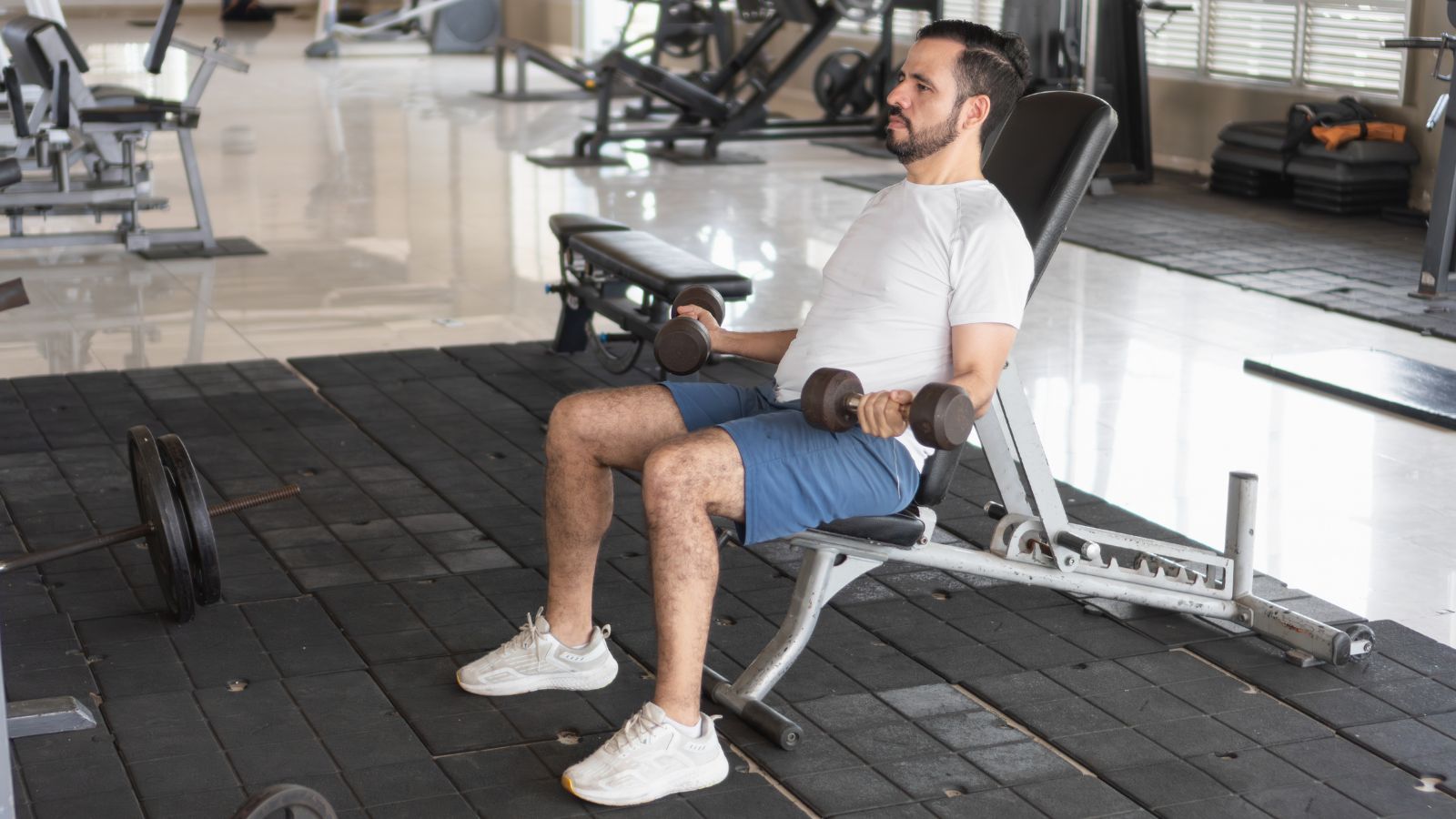Athletes are a dedicated group of people, known for pushing their bodies to the limits and even beyond in search of peak performance. But sometimes, that level of dedication and resolve can backfire when an athlete overdoes it with training.
One of the risks of rigorous training regiments is overtraining syndrome, a condition in which the body’s hormonal balance gets out of whack due to intense workouts. Overtraining syndrome can cause decreased performance, chronic fatigue, and even alterations in your mood, all due to overlooking your hormonal balance in pursuit of your fitness and performance goals. Identifying and combatting overtraining syndrome might be the key to realizing your aspirations as an athlete.
The Signs of Overtraining Syndrome
One of the insidious aspects of overtraining syndrome is that the symptoms can be subtle, especially at first. This causes many athletes to ignore the problem for far too long, or sometimes never even realize they’re suffering from it.
If you’re an athlete who is experiencing a reduction in stamina and strength despite continuing to train, you may be suffering from overtraining syndrome. Another common symptom is a level of constant fatigue that doesn’t seem to get better even after resting and sleeping. Yet another symptom might be struggles to recover from relatively minor injuries or increased vulnerability to sickness. Some people suffering from overtraining syndrome also struggle to get consistent, uninterrupted sleep.
But other symptoms are more mental than physical, even though the problem is rooted in the physical. If you’re experiencing unusual mood swings or if you find yourself increasingly burned out or without your usual motivation, overtraining syndrome might be the culprit.
At first, the degree of these symptoms can be minor, but it’s important to be on your guard and ready to act. Because by continuing to train while your body’s hormonal balance is upset, you risk a range of negative consequences.
How Overtraining Syndrome Hurts Athletes
While it’s not a pleasant experience to be fatigued and moody, the negative consequences of overtraining syndrome go beyond just lowering your quality of life. In fact, many athletes have seen their goals fall by the wayside due to overtraining syndrome, for a few reasons.
First of all, overtraining syndrome lowers your performance despite all the hard work you put in. Despite training harder than the competition, you may see yourself perform slower, weaker and less coordinated than your competitors without understanding why.
But a potentially even more serious consequence of overtraining syndrome is increased injury risk and longer injury recovery timelines. As any athlete who’s suffered a significant injury knows, getting hurt will slow or even stop your progress as an athlete, taking you out of the gym or training facility and off the practice field. Anything that increases your injury risk is a serious problem for an athlete.
How Hormonal Diagnostics Can Help
If you suspect you might be suffering from overtraining syndrome or that your hormonal balance may be off, modern sports medicine has some ways to help. Medical facilities offer testing routines that can evaluate hormone levels and identify potential issues before they escalate further.
These tests will generally evaluate hormones like testosterone, human growth hormone and cortisol, all of which are key hormones that regulate how much energy you have, how quickly you recover from training, and how high your general performance levels are. This is one reason some athletes follow research comparing ghrp-6 vs ghrp-2 to better understand how different compounds may influence growth hormone pathways, and In some cases, you might discover that you’re deficient in (or overproducing) a key hormone that’s negatively affecting your body.
For men, a decrease in testosterone or a testosterone imbalance is a frequent issue, especially as they get older. Testosterone Replacement Therapy (TRT) and Depo testosterone are medically supervised treatments that can bring hormonal levels into balance and bring a wide range of benefits, including faster recovery, better strength and muscle maintenance, higher sleep quality and better and more stable moods.

Strategies for Maintaining Hormonal Balance
Beyond therapeutic solutions, there are other ways for an athlete to try to maintain a healthy hormonal balance while training. These strategies go beyond just your workouts themselves, encompassing your general lifestyle to promote good hormonal health.
The first is to carefully monitor your training load. While you want to push yourself, you need to be aware of when your intensity is so high that it’s producing chronic stress.
You’ll also want to prioritize a robust recovery routine. Incorporate ample stretching and mobility work along with active rest to keep your endocrine health at top levels.
Your diet is a key driver of hormonal health and balance as well. By eating regular, balanced meals with a diverse selection of nutrients, you’ll support proper levels of testosterone and HGH production and help regulate your cortisol levels.
It’s also crucial not to overlook the role of sleep in hormone production and regulation. Deep, uninterrupted sleep is the time when the body most effectively produces hormones like HGH and testosterone. In fact, sleep issues can lead to hormone issues unrelated to overtraining syndrome, but the combination can be especially troublesome.
Finally, it’s wise to take advantage of what sports medicine can offer when it comes to monitoring your hormonal balance. By getting regular check-ups, you can stay on top of making sure that no hormonal problems are developing and act before minor issues become major ones.
Dedicated athletes are at risk of overtraining syndrome, a condition in which intensive workouts and training programs can produce a hormonal imbalance that increases injury risk, decreases performance and increases recovery times. Fortunately, a prepared and knowledgeable athlete can take steps to reduce their risk factors while diagnosing and treating the problem if it does occur.



